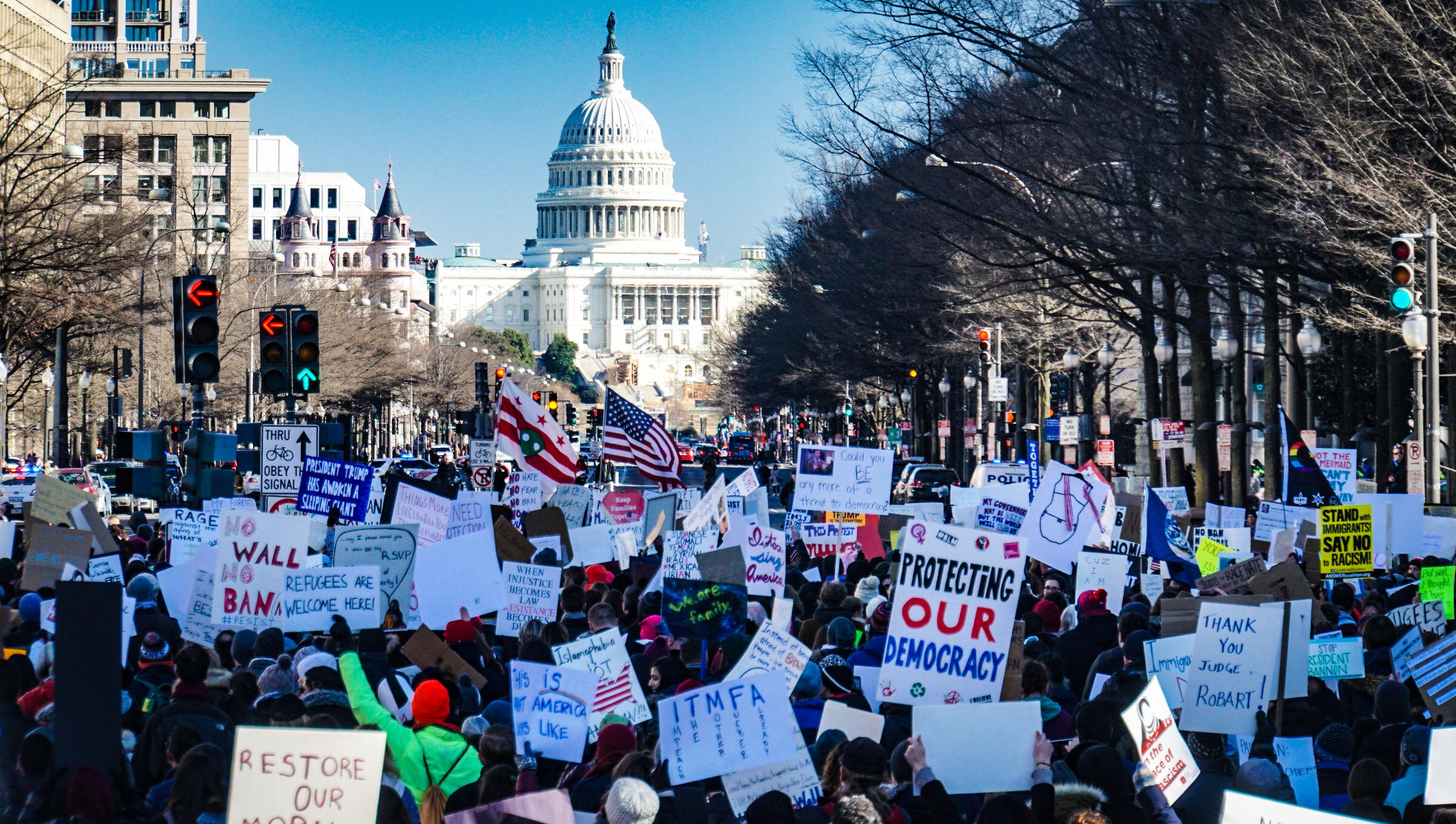No matter your political affiliation, you have probably highly anticipated the results of this Election Day. As Christians we acknowledge that our allegiance is to God’s kingdom, not a candidate or political party. However, one way that we participate in God’s work here on earth is through our political engagement. As Election Day comes and goes, how do we continue to work towards God’s greater kingdom, regardless of political outcomes?
On September 17th, 2020, The Nashville Institute for Faith and Work and the Denver Institute for Faith and Work partnered with other faith and work organizations across the country to present The Politics of Neighborly Love: Christian Citizenship in a Divided Age, a national forum on how Christians can engage faithfully with politics. Below is a clip from the event featuring one of the panelists, Stephanie Summers, CEO of the Center for Public Justice.
In the following clip, Stephanie answers the question “How does your faith influence your work at the Center for Public Justice?” Her answers provide a practical framework for living out your faith in the days and weeks following the election. Additionally, they encourage all of us to remember that alongside faithful and thoughtful political engagement, our day-to-day work is a powerful avenue for participation in God’s kingdom. Included below is the video clip as well as a guided reflection to assist you in considering: How does integrating your faith and work allow you to serve your vocation, neighbors, and city beyond Election Day?
In this excerpt, Stephanie shares three ways that her faith informs her work: confidence, perseverance, and seeing all people as image-bearers of God. Regardless of the job, we can apply these principles to better love God and our neighbors through our work.
1)Confidence: “Knowing what God intends as the end of the story means that every day we can trust God for the results of our work in a world that is still marred by sin.”
As Stephanie explains, “God is not hampered in accomplishing what God intends,” which frees us to work without the pressure of believing success is entirely up to our performance at work. Instead, our ultimate hope is in the perfect plan of redemption that God is authoring.
Q: How does knowing that God’s plans cannot be “hampered” encourage you in your work and in your political participation? How does knowing the end of the story offer you confidence grounded in something other than your own performance?
2)Perseverance: “Perseverance is the persistence in doing something despite difficulty or delay in achieving success.”
Stephanie says that because the Christian faith provides a robust explanation of sin, we should not be surprised when we encounter brokenness and systemic injustices in our industries. We are called to participate in the slow, costly work of addressing brokenness in our work, and our perseverance in this area is one way that we bring about God’s kingdom here on earth.
Q: How could perseverance transform both your work and engagement with politics? In what areas of your industry or community do you notice brokenness the most, and where could you begin to partner with God in redeeming these areas?
3) Image-Bearing: “Because God created every human being to bear God’s image, this means that every human possesses fundamental dignity and worth.”
Stephanie shares that a Christian approach to work is grounded in the doctrine of the image of God. The reality that all people are image-bearers means that our vocations must be aimed at serving those around us, rather than seeing people as a means to an end or our relationships as transactional.
Q: How might recognizing all people as image-bearers change the way you work? How does the concept of image-bearing change the way you relate to those with different perspectives than your own?




